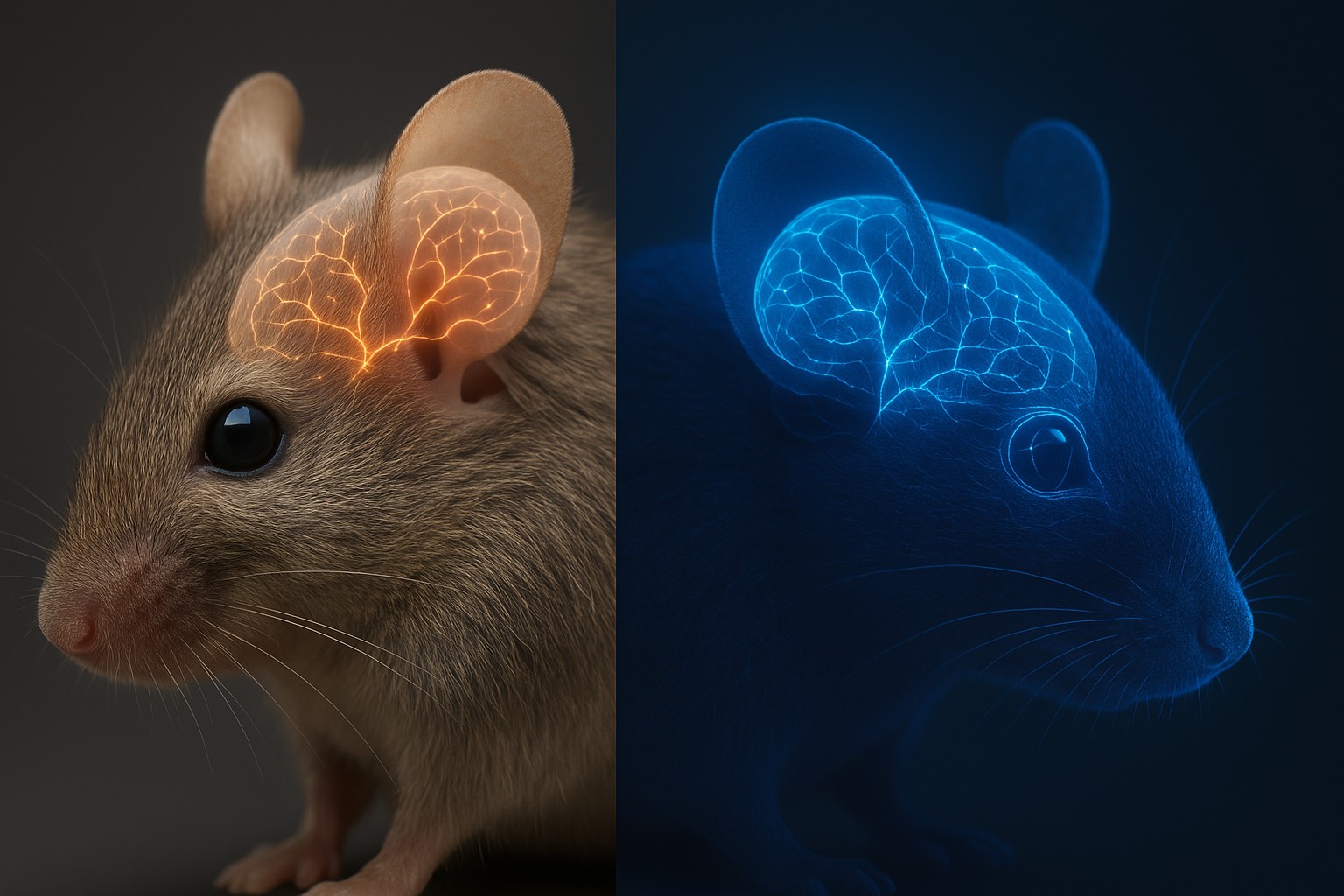Oxitec, a Pioneer of Insect Control Solutions, to be Acquired by Intrexon for $160M
It’s been an impressive year for Intrexon, which recently made multiple announcements to expand its leadership in synthetic biology. Earlier this year, the company acquired Okanagan Specialty Fruits (the agricultural company behind the world's first non-browning apple), Actogenix (which engineered food-grade microbes that secrete biotherapeutics to the gastrointestinal tract), and the remaining stake in Exemplar Genetics, which develops transgenic swine models.
Intrexon also expanded its health programs through a collaboration with Merck Serono to develop and commercialize CAR-T cancer therapies, and with Synthetic Biologics to develop biotherapeutics for PKU. With FuturaGene, Intrexon entered into a collaboration to increase biomass in eucalyptus and poplar trees for the biofuels and agricultural markets.Its most recent announcement is the acquisition of Oxitec for $160M, a spinout from Oxford University founded in 2000 by Luke Alphey, David Kelly and Paul Coleman from the Department of Zoology. Oxitec developed mosquito strains whose offspring die before reproducing, reducing the size of the disease-carrying population. Intrexon aims to integrate its synthetic biology platform with Oxitec’s technology to protect communities from dengue fever as well as against agricultural pests that impact food supply worldwide.
Why Did Oxitec Open Mosquito Factories?
Mosquitoes are the world’s deadliest animals, killing around 725,000 people each year. They carry devastating diseases such as malaria, which cause billions of dollars in lost productivity annually and threaten half of the world’s population. Additionally, dengue has become of the world’s fastest growing mosquito-borne diseases, with approximately 390 million infections per year. In the last 50 years, these insects have infested over 120 countries, and the incidence of the disease has grown thirty-fold.One of the traditional ways to kill mosquitoes is the application of larvicides to bodies of water where mosquitoes reproduce, but it’s extraordinarily difficult to apply these chemicals to every puddle, birdbath, and tree trunk. Alternatively, the insects can be killed as they fly around by spraying chemicals, but this is also a very inefficient process. The Oxitec team aimed to develop an effective technique to bring down the populations of specific insects, such as the mosquitoes that transmit dengue fever to humans. This technique, they thought, should be safe to humans, relatively cost-effective, and directed at a single species (A. aegypti) - therefore not affecting the broader ecosystem.Oxitec took advantage of two features of mosquito biology to help develop this technology: males don’t bite (therefore do not transmit diseases) and males are good at finding females to produce offspring. A single female will lay up to 100 eggs at a time and up to 500 in her lifetime. The scientists used genetic engineering to develop ‘sterile’ male insects which seek out and mate with females. Any offspring that result will not survive to adulthood so the mosquito population rapidly declines and no modified genes are passed on to any viable offspring. The company develops millions of mosquitoes each month, which can be deployed until the desired population reduction has been achieved.This innovation has been very successful, and Oxitec was named a World Economic Forum technology pioneer in 2008 and BBSRC Innovator of the Year in 2009. In April 2014, the National Biosafety Committee in Brazil approved the first genetically modified insect for use in Brazil, and gave their technical approval for commercial release of the mosquitoes. Three months later, Oxitec opened its first mosquito factory in Brazil. Furthermore, outdoor open release trials with Oxitec’s mosquito in Grand Cayman, Brazil and Panama have shown a greater than 90% reduction in local mosquito populations.In addition to health programs, Intrexon will continue to develop Oxitec’s technology for agricultural applications. It is estimated that 20% to 40% of food production is lost every year to insect pests despite widespread pesticide use. The Sterile Insect Technique, in which male insects are sterilised by radiation, has been used worldwide for more than 50 years to tackle various pests, but its downside is that simply using radiation causes mutations in many genes and decreases the insect’s mating competitiveness.
The Diamondback moth is the world’s worst insect pest of brassica vegetable crops such as broccoli, cauliflower, cabbage, canola – costing farmers $4-5 billion annually worldwide.Instead, Oxitec uses just one gene to induce sterility without affecting competitiveness and a color marker gene for monitoring the results. Thus, Intrexon hopes to apply the insect control technology to Integrated Pest Management programs, which many growers around the world are adopting to produce food in a more sustainable manner. Oxitec has received approval for open field trials in the United States and Brazil, to trial two strains for agricultural insect-control of the Diamondback moth and Mediterranean fruit fly.
The power of this technology is extremely promising in both its medical and agricultural applications because it improves on an old technique by using modern genetic engineering capabilities to increase the efficiency of the process while maintaining ecological responsibility. Furthermore, it replaces the need to use pesticides and larvicides that have widespread off-target effects, making them far more dangerous to the ecosystem. The specificity of Oxitec’s technology reduces the ecological strain of older solutions, all without propagating genetically modified organisms past the first generation of lab-born male mosquitoes.



.svg)












.gif)